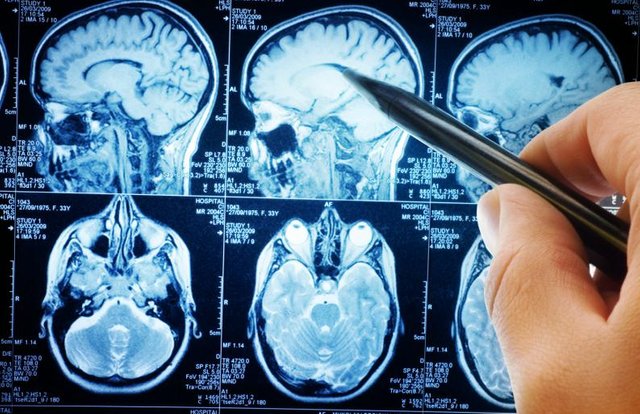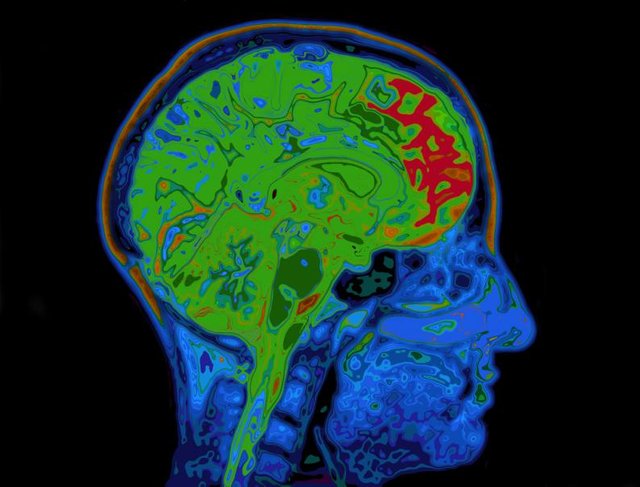
Dreams have remained a great mystery to science, until now. A new study seeks to help understand the purpose of dreams and of consciousness itself.
In addition, it suggests that changes in brain activity can also help us understand what we dream about.
A novel investigation

Scientists at the University of Wisconsin-Madison in the United States found that dreaming faces was associated with high frequency activity in the region of the brain that has to do with facial recognition.
While the dreams that had to do with perception of space, movement and reasoning, were linked to those regions that are responsible for these tasks when we are awake.
For scientists, this is proof that dreaming is an experience that occurs while sleeping, despite the fact that some scientists have argued that it is something that we invent upon awakening.
It also shows that the brain when sleeping can be much more similar to the awake brain than it was imagined.
Analyzing the brain regions linked to sleep

The study published in the journal Nature Neuroscience was conducted by American scientists together with colleagues from Switzerland and Italy.
To arrive at these conclusions about the dreams, the scientists carried out a series of experiments with 46 participants, who recorded their neuronal activity while they slept by means of an encephalogram.
The participants were awakened at different times of the night and asked to report what they had dreamed about.
Those who had dreamed were asked to say how much they thought the dream lasted and if they could remember something.
Analyzing the encephalograms, they could see that the dreams were linked to a fall in the low frequency activity of a region in the back of the brain that they identified as the "posterior hot cortical zone," a region that includes the visual areas as well as the areas that involve the senses.
The scientists also analyzed the changes in high-frequency activity in the brain, finding that sleep is linked to an increase in that activity in the warm area of the brain during non-REM sleep.
With research they discovered that sleep is linked to the same changes in brain activity regardless of the type of sleep.
A new possibility to study conscience

With the discovery, they were able to predict when the participants could dream of sleeping. They even performed an experiment to prove it and 87% of the time, the scientists could correctly predict the instances of sleep.
Identifying which regions of the brain are linked to sleep and how their behavior can help to better understand consciousness.
It used to be that large regions of the brain needed to be active to generate conscious experiences, but this study has shown that you can investigate consciousness from dreams.
We dream more than we think

Another study conducted at the University of Montreal, in Canada, states that we usually dream much more than we remember. And that dreams do not just happen during the REM state, that's why we do not always remember them.
The author of the study, Tore Nielsen, argues that of hours and hours of mental experiences we only remember a few minutes.
Now that it has been possible to establish when a person is dreaming or not, research can help to better understand the complicated world of dreams.
Surprising, do not you think?
Follow me for upvotes | Send 0.200 Steem or 0.200 SBD and the URL in the memo to use the bot for a resteem and to get over 5 upvots.
Downvoting a post can decrease pending rewards and make it less visible. Common reasons:
Submit
muchas gracias, seran consideradas sus recomendaciones. saludos cordiales!
Downvoting a post can decrease pending rewards and make it less visible. Common reasons:
Submit